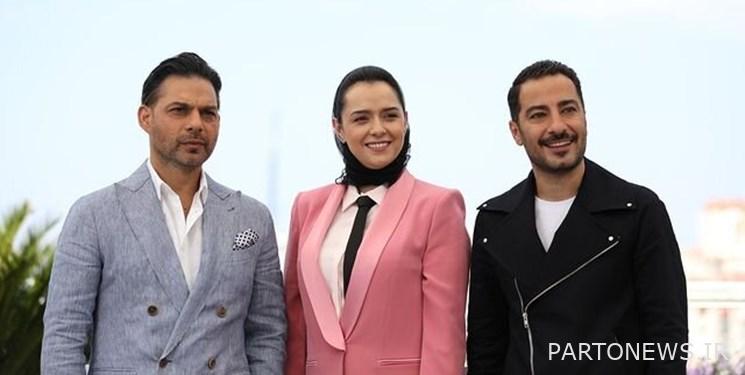Is it legal to ban some moviegoers?

According to Fars News Agency’s Radio and TV reporter, in recent days, the banning of some artists has caused various rumors to form. In fact, the story started with the publication of Mohan’s statement “Put down your gun” and then reached its peak at the Cannes Film Festival. In the meantime, institutions such as the Cinema Organization tried to intervene if there is a problem in this field and solve it through dialogue by creating an atmosphere of reconciliation. However, some celebrities and famous figures reacted to this issue and published harsh criticisms against the government. Although no list of banned artists has been published anywhere, it seems that some famous figures used this opportunity to make their name known again under this pretext. Since the nature of being a “celebrity” is to be seen, they will use any topic as an excuse to be seen more.
However, the key point that is raised about this issue is what process should be followed for banning artists from a legal point of view, “Sinmachi” radio magazine in a conversation with Mehdi Kohian, a media lawyer, on the issue of the legality of banning artists and organizations The trustee has dealt with this matter according to the law, which we will discuss further.
In response to the question of Ali Muradkhani, host of “Sinmachi” about whether it is possible to ban artists according to the law of the Islamic Republic of Iran, Mehdi Kohian answered: “The covenant of all the people of Iran is a fundamental law that was approved by the people of this law.” . In the Constitution of the Islamic Republic of Iran, only a sentence of punishment is possible only through a competent court, and as you know, Article 20 of the Islamic Penal Code, the sentence to ban employment is only considered as a punishment by a competent court. There is both a secondary and supplementary punishment, i.e. a main punishment, and then the court can issue a ban on employment.
Regarding whether the Ministry of Culture and Islamic Guidance or the Cinema Organization has the right to ban someone, Kouhian explained: Not only the Cinema Organization and the Ministry of Guidance, but no other institution other than the competent court of the Islamic Republic can do this. Recently, the Cinema Organization and the Ministry of Guidance have said that we have not done this and other institutions have given us orders. But this order can only be done by the court.
In the following, Kohian explained about the legal power of political and security institutions to ban artists by citing an example from the past: If you remember, the late Agassi was one of the singers before the revolution and they did not allow him to work after the revolution. During a petition, he complained to the Court of Administrative Justice and the Judiciary about the issue of not allowing his activity, and he was faced with the answer that the Ministry of Guidance has no problem, but other institutions do not allow him to operate, which the Court of Justice did not accept this issue and the reader continued his work. .
In response to Muradkhani’s question about the opinion of the Ministry of Culture and Islamic Guidance regarding the permission to screen films to participate in foreign festivals, Kohian said: In my opinion, we do not have any specific text on this issue. It is possible that the interpretation of the Ministry of Guidance is that a license must be obtained, but we do not have a law in this field. The only punishment of the law is for those who engage in unauthorized activities in audio and visual affairs. In fact, for commercial activities in the field of production, distribution, distribution and publication of audiovisual products, the permission of the Ministry of Guidance is required.
He continued: Wherever the law is interpretable, we should interpret it in favor of the people and in favor of the freedoms of the people, that is, the principle of the lack of competence of the government and administrative authority, this principle is one of the most basic issues of administrative law and public law.
Kohian explained about the difference between the decision of the Ministry of Guidance and the permission to show inside and outside the country: Now it is being discussed whether we need a guidance permit or not. With this growing technology, if any activity requires a license, we need several Baharestan buildings around the Ministry of Guidance to check the products for licensing.
In the end, referring to the laws of surround sound and image and related issues, Kohian said: If we want to interpret surround sound and image, if you and I post a picture on our social page, it can be surround sound and image, because It gets published. I don’t know why the Islamic Council and the Cultural Commission of the Council are indifferent to the issue of legislation in the field of audio and visual issues of the country, and since 1962, we have not had a law passed by the Council. If the text of the law has a precise text and it can be interpreted correctly, most of the governmental disputes will be gathered in the field of culture and art, and the parliament is responsible for this task.
End of message/t 1
You can edit this article
Suggest this article for the first page

